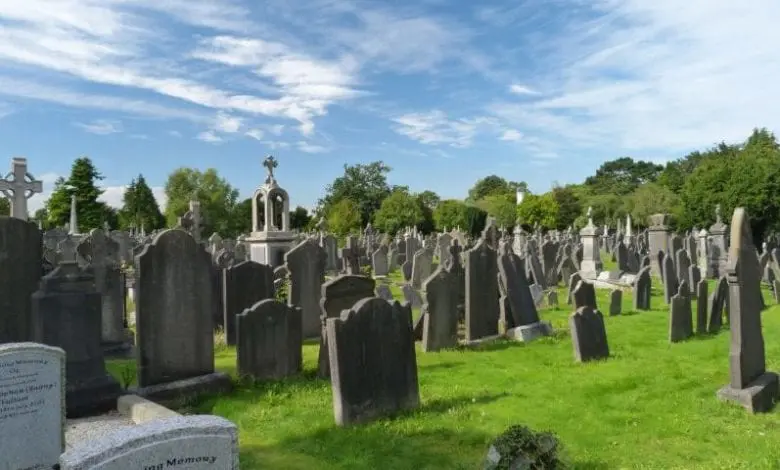Cramped underground: the alternatives to bury our dead

Space has been a problem in UK cemeteries for many years now, with some areas in big cities and small parishes unable to bury their dead. As a result some people are being forced to search for a final resting place miles from home.

